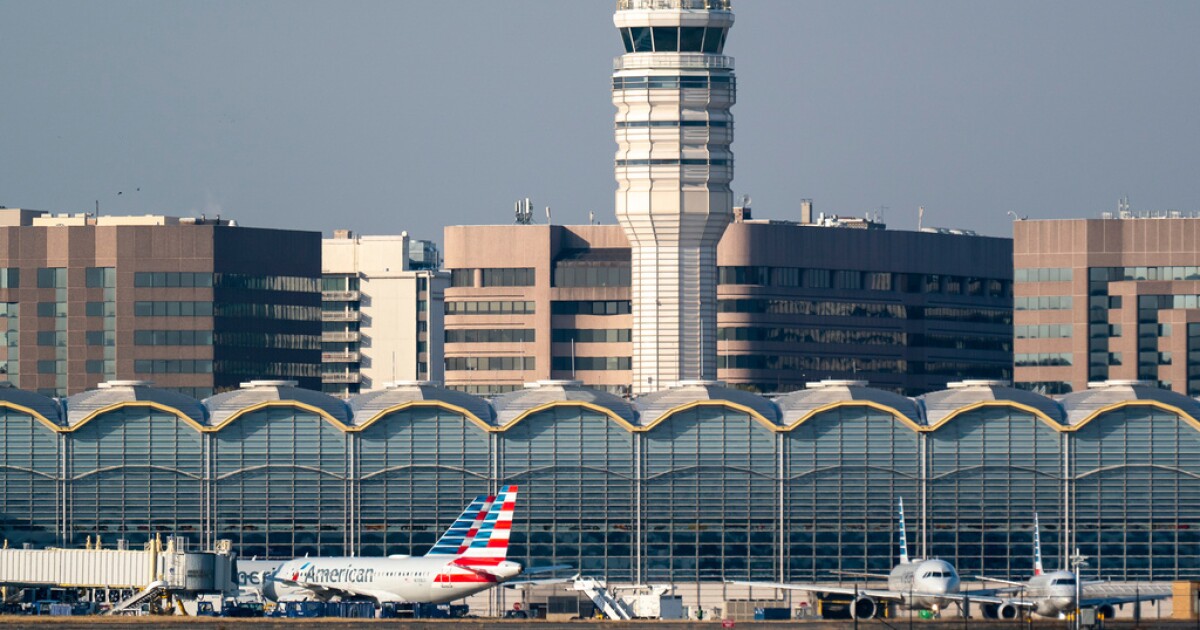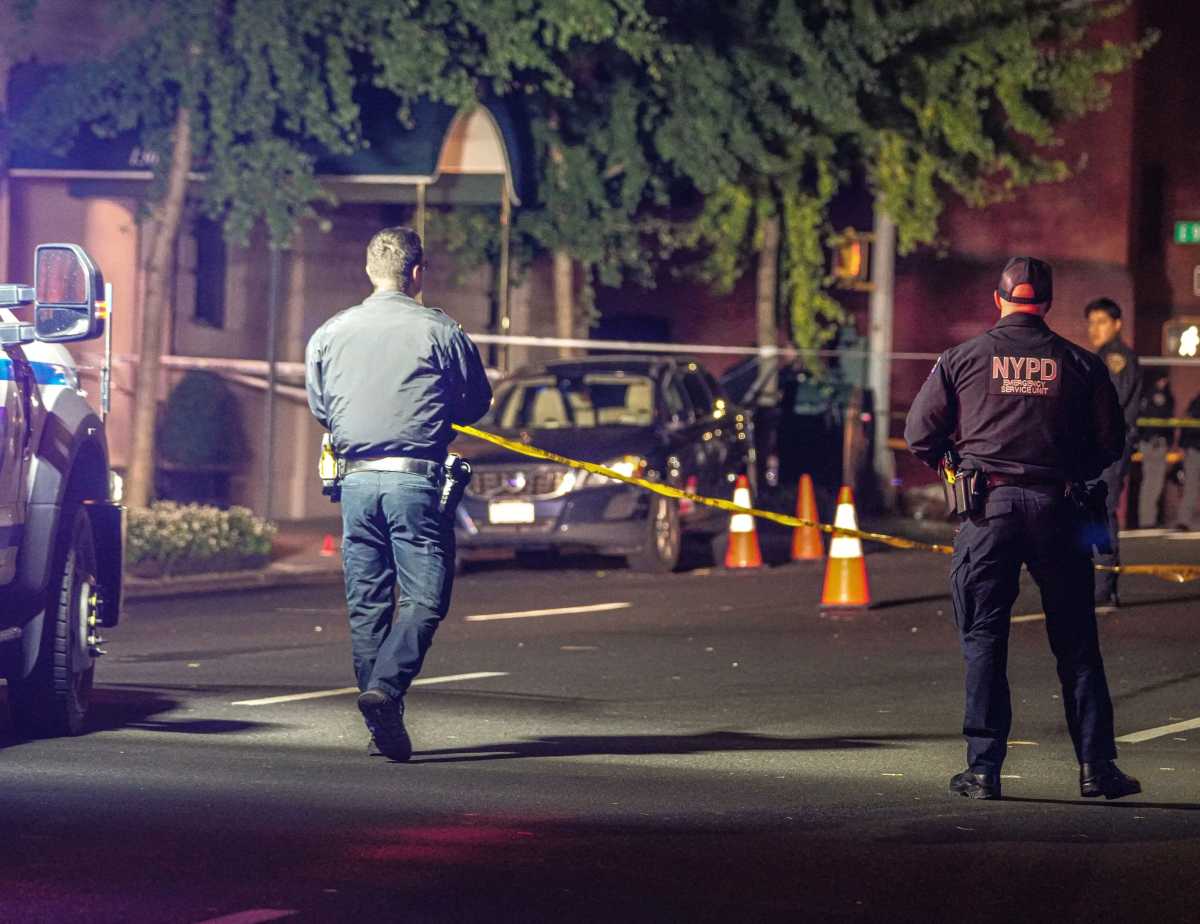UPDATE: In a powerful tribute to civil rights legacy, leaders gathered today in Harlem to dedicate an intersection to the late Franklin H. Williams on what would have been his 108th birthday. This significant event occurred at the corner of East 136th Street and Fifth Avenue, right outside the Riverton Housing Complex, where Williams spent much of his life.
The dedication ceremony, attended by judges, political figures, and community organizers, served as a reminder of Williams’ enormous contributions to civil rights and social justice. He was not only a civil rights attorney but also served as assistant counsel to Thurgood Marshall and as the NAACP’s West Coast regional director, playing a key role in dismantling segregation and advocating for Black jurors long before systemic change occurred.
“If you mention a person’s name, and keep their stories alive, then they will be a part of you forever,” stated Joyce Hartsfield, former executive director of the Franklin H. Williams Judicial Commission, during the October 22, 2025 event. This commission, now permanently named in Williams’ honor, continues to address issues of racial bias in the judicial system.
The intersection dedicated today is a poignant location, adjacent to the Riverton Housing Complex, a residential initiative launched in the 1940s as a response to racial segregation in housing. Williams’ legacy includes not just his legal victories but also his work in developing the Peace Corps and serving as the U.S. ambassador to Ghana.
During the ceremony, notable speakers included Chief Judge Rowan D. Wilson of the New York Court of Appeals and Judge Shirley Troutman, who emphasized Williams’ lasting impact on civil rights and the need for ongoing advocacy against racial injustice.
The dedication of this intersection is not just a commemoration but a call to action, urging the community to continue the fight for equality and justice. The ceremony reflects the ongoing relevance of Williams’ work, particularly in a time when discussions around racial equity remain crucial.
Attendees left inspired, reaffirming the community’s commitment to remembering and honoring those who paved the way for future generations. The dedication serves as a reminder that the fight for civil rights is far from over, and that the stories of leaders like Franklin H. Williams should continue to inspire action today.
As discussions about racial equity and justice continue, this dedication stands as a beacon of hope and a commitment to progress. The legacy of Franklin H. Williams will undoubtedly resonate in Harlem and beyond for years to come.






